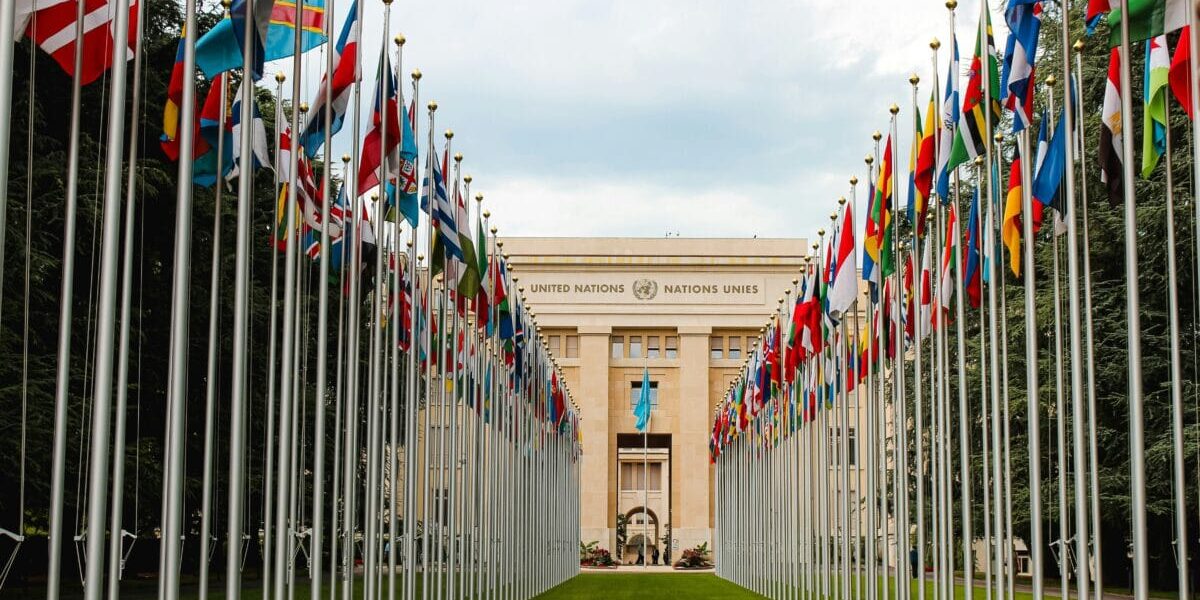Current Initiatives for SIOP and the UN
SIOP is dedicated to addressing pressing real-world issues, prioritizing diversity, inclusion, and adaptability.
SIOP and UN Partnerships
SIOP and UN Communications
SIOP United Nations Committee Info Sheets
UN Sustainable Development Goals
Overview
Through SIOP’s partnership with the UN, members are driving change with the power of I-O psychology. In 2011, SIOP obtained NGO Special Consultative Status with the United Nations Economic and Social Council (ECOSOC). The society formed the SIOP UN Committee to align SIOP’s resources and expertise with the UN's global vision and initiatives.
SIOP UN Committee
The SIOP UN Committee addresses humanitarian and development issues with the United Nations common system. The committee has formed multi-stakeholder partnerships to identify where SIOP members can apply their I-O psychology skills to:
- Increase awareness of UN agenda items and goals within SIOP through presentations, publications, and communication
- Assist with UN mandates
- Facilitate learning and education for UN staff and officials
- Encourage other members to participate in UN-related programs
- Produce reports and statements that address critical I-O-related topics for the UN
- Serve on the Board of relevant UN organizations such as the Psychology Coalition of the United Nations (PCUN)


